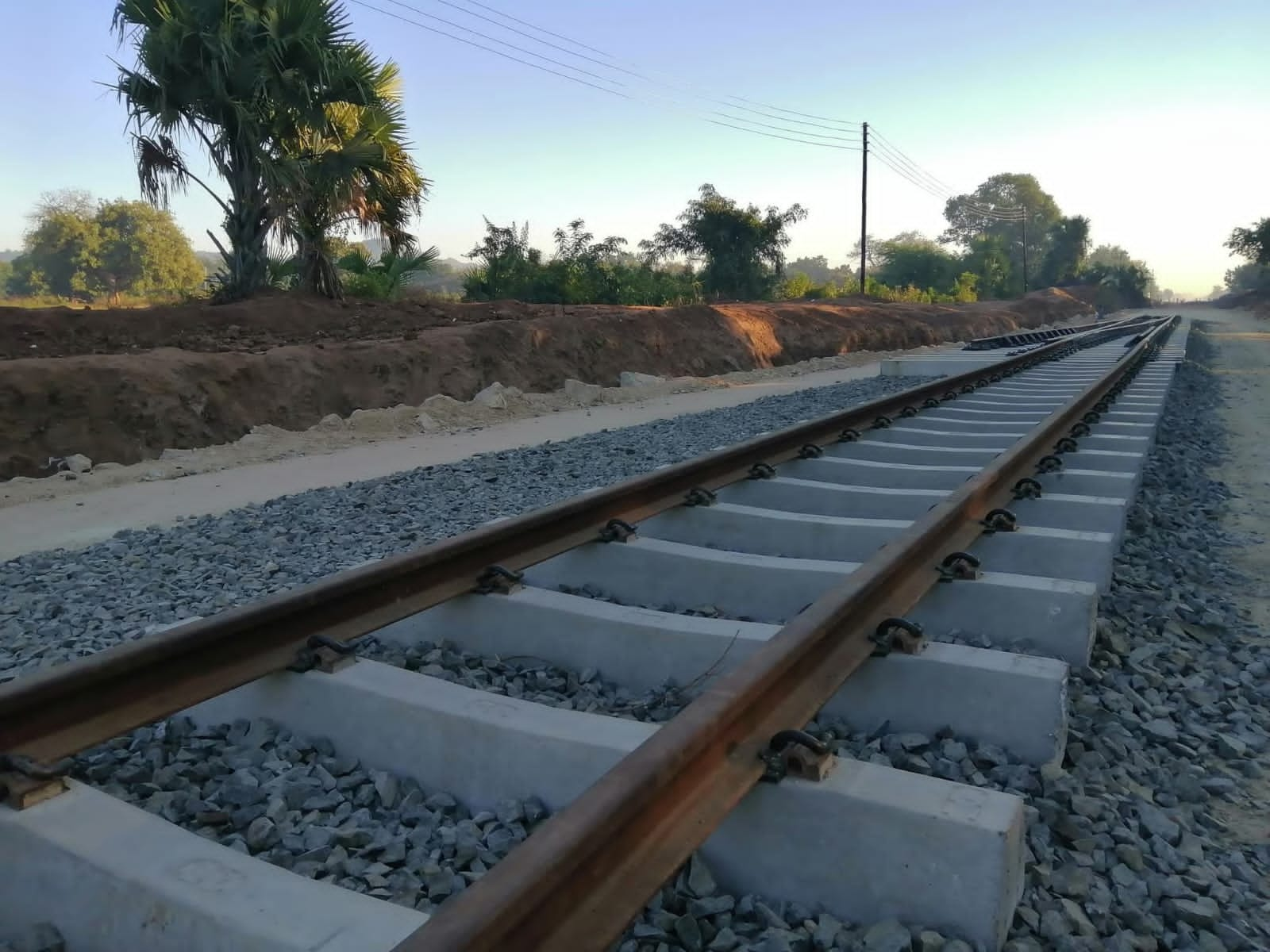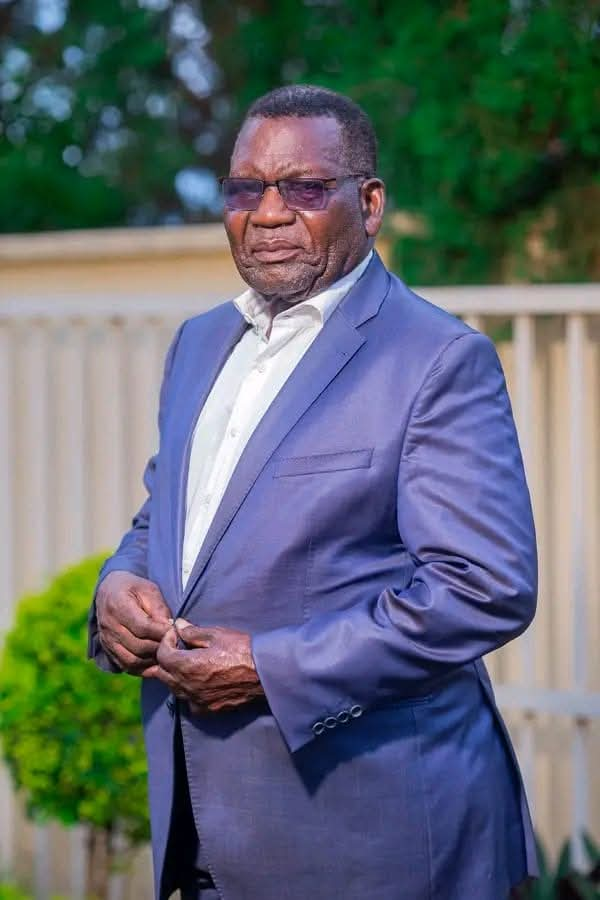By Burnett Munthali
There is growing skepticism among residents of Nsanje over the government’s repeated promises to reopen the railway line from Marka to Nsanje by next month.
After years of broken commitments and staged publicity, the people on the ground are no longer buying into the optimism sold by politicians.
Moses Moyo, a 48-year-old from Tizola Village under Senior Chief Mbenje, was blunt: “This is impossible, even if they said it would be ready by December—it’s still a lie. They’re just deceiving us to get votes.”
His frustration is shared by many who have watched government officials arrive with cameras and promises, only to disappear once the dust settles and election season ends.
“They think we are blind, but we can see. There is still too much unfinished work. So many bridges haven’t been completed,” added Moyo.
Another villager, Eliat Francisco, 65, from Sambani Village under Senior Chief Mlolo, echoed the same sentiment.
He said it is simply unrealistic to expect that the Marka–Nsanje railway will be operational by next month when physical evidence on the ground tells a different story.
The skepticism is not misplaced. In May this year, Minister of Transport Jacob Hara assured Malawians that the government aimed to open the Marka–Nsanje railway by August—if there were no further foreign exchange-related challenges.
That vague condition alone betrayed the uncertainty behind the announcement.
Hara’s statement was typical of many government declarations: optimistic in tone, but hollow in substance and accountability.
What residents of Nsanje are demanding is not just development, but honesty.
They are tired of being used as photo props for political gain while their communities continue to suffer from neglect, poverty, and underdevelopment.
Every election cycle brings with it fresh promises, ribbon-cutting ceremonies, and grand declarations.
But in reality, nothing changes—except the dates on the next set of lies.
How can the government claim to champion development in the Southern Region when it cannot even complete a single railway line that has been under discussion for over a decade?
Infrastructure is not built on slogans.
It is built on vision, commitment, transparency, and respect for the people who depend on it.
The railway project was once hailed as a game-changer for regional trade and economic integration, but it has now become a symbol of state incompetence and political deception.
Residents of Nsanje are right to raise their voices.
They are right to reject vague timelines and staged political theater.
And most importantly, they are right to demand results—not rehearsed speeches.
If the government is serious about development, it must stop using infrastructure projects as tools for campaign propaganda.
It must deliver on promises with integrity, not manipulation.
Until then, the people of Nsanje will continue to see through the lies—and they will not forget when the next election comes knocking.





